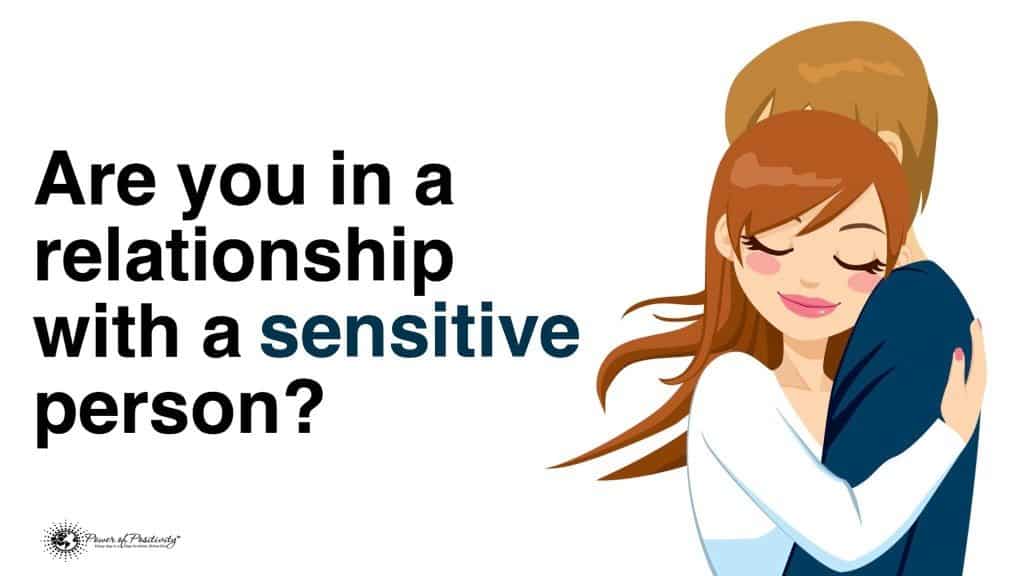Example of being independent
13 Examples Of Being Independent
Independence is the absence of external control or reliance on others. This can be applied to an individual or a group, such as nations, organizations, or sports teams. The following are examples of independence.
1. Pursuit of Happiness
It is achieving self-fulfillment and pleasure for oneself. For instance, a person who has assessed that simplifying their life is critical to their happiness and personal development.
2. Self-Reliance
When confronted with a dilemma, you turn to yourself. For instance, a farmer who experiments actively on a small scale with various companion plants in order to maximize production.
3. Self-Sufficiency
Surviving independently without assistance, such as a student who can afford their own education due to the affordable fees.
4. Self-Direction
This is making your own choices and creating your own solutions without external pressure. For instance, an employee who strives to improve their firm’s value despite their boss’s lack of guidance.
5. Candor
Clearly, openly, and honestly expressing your thoughts. For instance, a professor at a university who expresses their views despite a setting of groupthink.
6. Creativity
The capacity for non-obvious yet valid and vital ideas. For instance, a scientist who is able to see beyond conventional wisdom in their field in order to create a new discovery.
7. Contrarian Thinking
Contrary to or refusal of common opinion. This can be both imaginative and naive. For instance, an individual may despise all popular music on principle, regardless of how good it may be, in order to express independence from mainstream culture.
8. Grit
The capacity to deal with the unpleasant aspects of life. For instance, a small business owner who can gracefully and easily handle severe customer service issues.
9. Sovereignty
The right of a nation to rule itself independently. Personal sovereignty is a related term that refers to an individual’s independence to be free and make their own choices.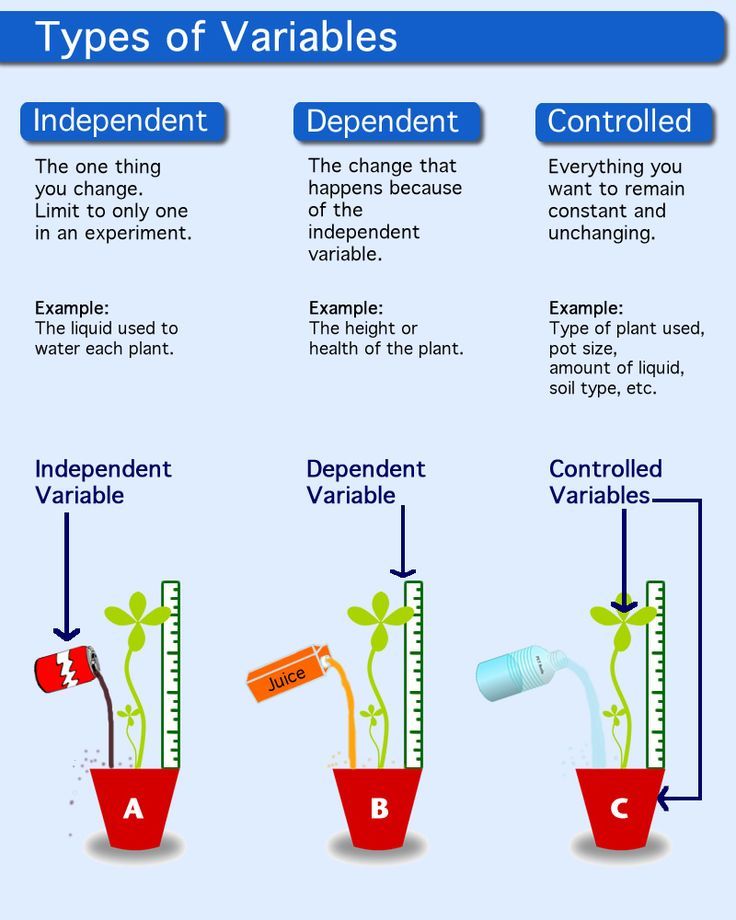 For instance, an individual who makes their own health care decisions without state intervention.
For instance, an individual who makes their own health care decisions without state intervention.
10. Nonconformance
Nonconformance is the act of defying a society, nation, culture, company, family, or group’s rule or expectation. For instance, an adolescent who defies fashion standards in order to experiment with independence.
11. Noncompliance
Noncompliance is the act of violating a law or regulation for which a power structure, such as a government, will punish you. For instance, demonstrators who violate local ordinances in the name of revolution.
12. Malicious Compliance
Malicious compliance is the violation of a system’s own regulations. For instance, a bureaucrat who derives a sense of authority, power, and independence by bizarrely enforcing obscure regulations.
13. Anomie
Anomie is a state of disconnection from society, community, and culture in which an individual is fully self-sufficient. This is always depicted negatively, as it is believed to be inherent in human nature to crave connection and inclusion.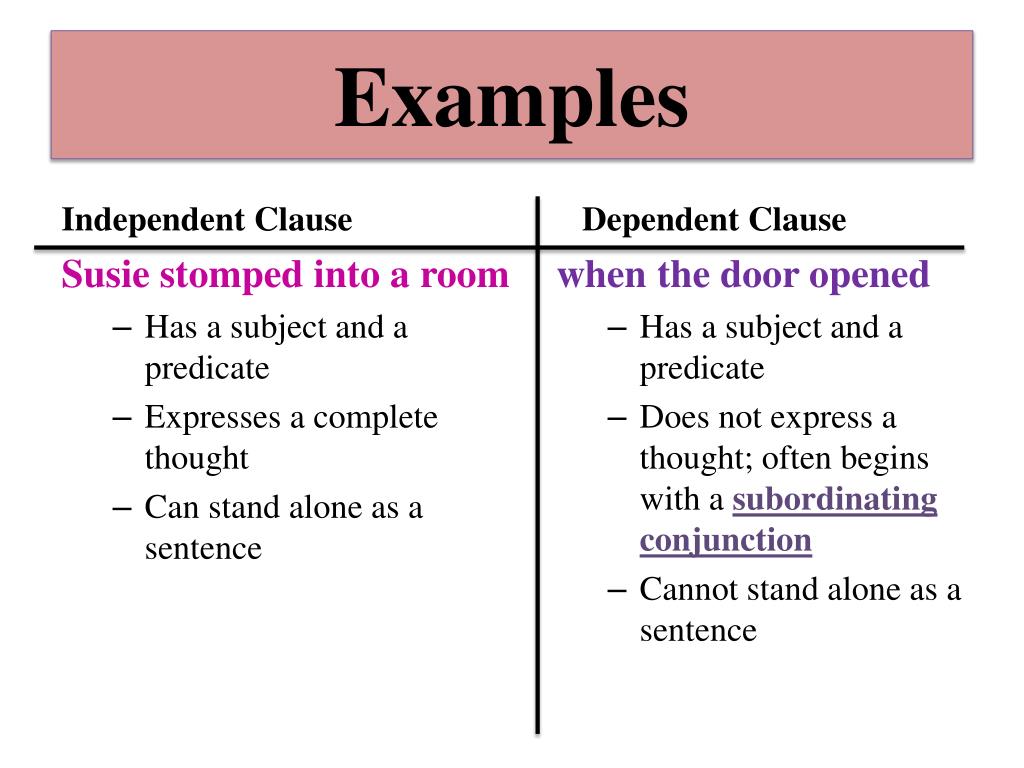 Similarly, a completely isolated nation with no involvement or cooperation with the rest of the world will likely disintegrate.
Similarly, a completely isolated nation with no involvement or cooperation with the rest of the world will likely disintegrate.
Now that you know what independence is, check out this LivingByExample article covering social comparison’s definition and examples.
Brian Cox
Founder/CEO
Brian formed Living By Examplealongside Cynthia after working for two decades alongside international institutions for humanitarian aids and other efforts worldwide, may it be catastrophes made by men or nature. Brian built Living By Examplewith the hopes of bringing more cultural diversity across the internet.
He primarily writes amazing stories about cultures and shares different ideals with our readers through his stories. He believes that people empowerment is important especially during these trying times.
Independent Definition & Meaning | YourDictionary
ĭndĭ-pĕndənt
independents
adjective
Not governed by a foreign power; self-governing.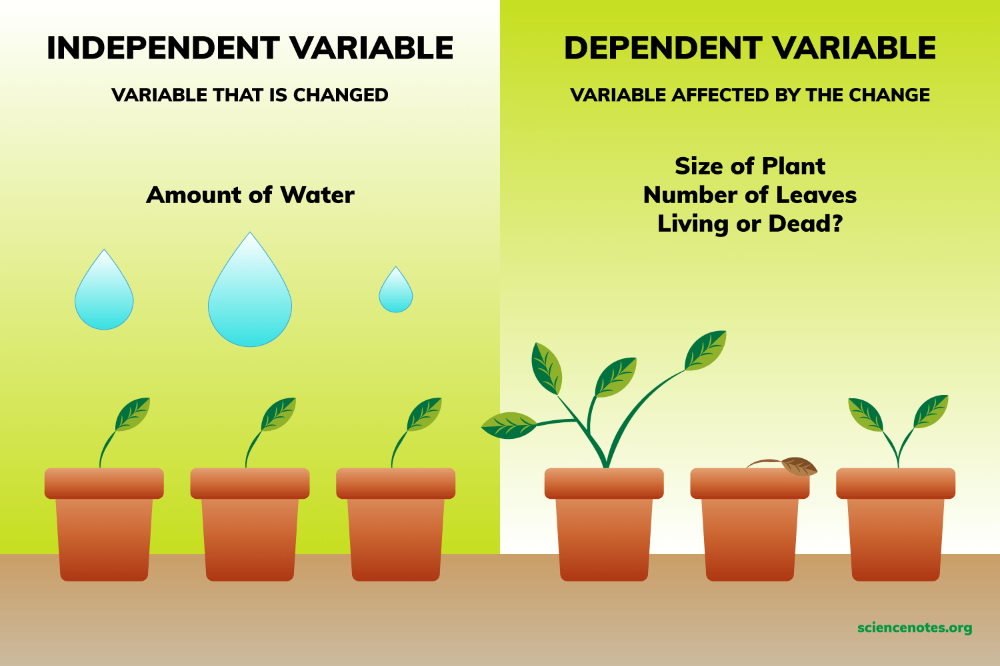
American Heritage
Free from the influence, control, or determination of another or others.
Webster's New World
Not determined or influenced by someone or something else; not contingent.
A decision independent of the outcome of the study.
American Heritage
Not depending on another or others, esp. for financial support.
Webster's New World
Having such an income, fortune, etc. and, hence, not needing to work for a living.
Webster's New World
Synonyms:
- Synonyms:
- self-sustained
- self-improving
- self-helping
- self-helpful
- unearned
- anythingarian
- sovereign
- self-governing
- autonomous
- main
- unrestricted
- unregimented
- undoctrinaire
- uncontrolled
- unconstrained
Antonyms:
- Antonyms:
- dependent
- subservient
- subordinate
- tied
- constrained
Advertisement
noun
independents
A person, company, etc. that is independent, as in thinking, action, or practice.
that is independent, as in thinking, action, or practice.
Webster's New World
A voter who is not an adherent of or registered with any political party.
Webster's New World
A member of a religious and political movement of the 17th cent. in England that advocated self-sufficiency of each local Christian church: the movement led to the organization of Congregationalists and Baptists.
Webster's New World
A Congregationalist.
American Heritage
A neutral or uncommitted person.
Wiktionary
Synonyms:
- Synonyms:
- unconstraint
- sovereignty
- independence
- emancipation
- autonomy
- autarchy
- objectification
- fencesitter
- mugwump
- self-employed-person
- free lance
- freelance
- freelancer
Advertisement
independent of
- apart from; regardless of
Webster's New World
Other Word Forms of Independent
Noun
Singular:
independent
Plural:
independents
Idioms, Phrasal Verbs Related to Independent
- independent of
Origin of Independent
Advertisement
Related Articles
Find Similar Words
Find similar words to independent using the buttons below.
Words Near Independent in the Dictionary
- indep
- independence
- independence hall
- independence-day
- independence-number
- independency
- independent
- independent bank
- independent commission
- independent contractor
- independent director
- independent-city
Is it possible to be independent of public opinion?
Is it possible to be independent of public opinion? Basically, yes, you can. A person is free to think and act as he sees fit, without being accountable to others. However, such independence is only the external side of the matter, since, living in society and being a social being, a person cannot be completely independent of public opinion. One way or another, people have to deal with other people and therefore it is unlikely that they will be able to maintain complete autonomy. nine0006
Examples of the above are confirmed by many sources of fiction.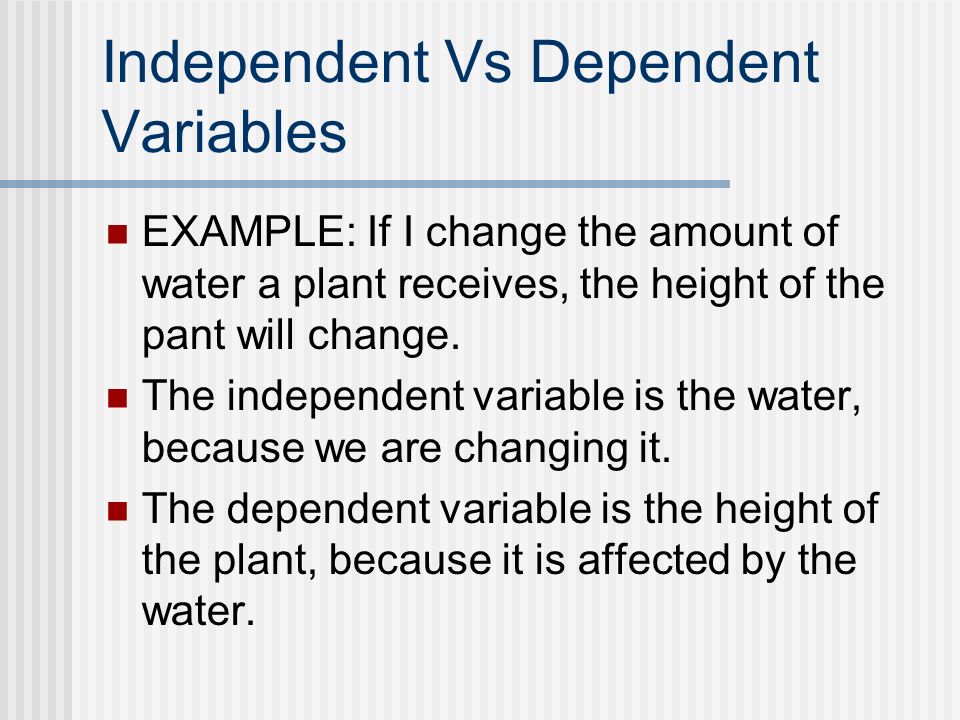
In the work of A.I. Kuprin, the story "Olesya", a similar example is presented. The young Polissya sorceress, together with her grandmother-witch Manuilikha, were harassed by society and the administration of the settlement. At the same time, they led a very ascetic, secluded lifestyle, practically not interacting with anyone.
Of course, they were independent of public opinion: what did they care about the grumbling of dissatisfied fellow villagers or their practices? They went to the village once a year for soap and salt, and spent the rest of the time, from year to year, in the Irinovsky swamp. And yet, even these semi-wild women, extremely far from civilization, had to reckon with public opinion: they were constantly waiting for attacks from society and were in readiness to leave the next place. When the angry inhabitants really came to the sorceresses, they had to flee: after all, if they were caught, they would have been beaten to death. nine0006
Thus, we can conclude that people cannot be completely independent of public opinion: they have to reckon with other residents.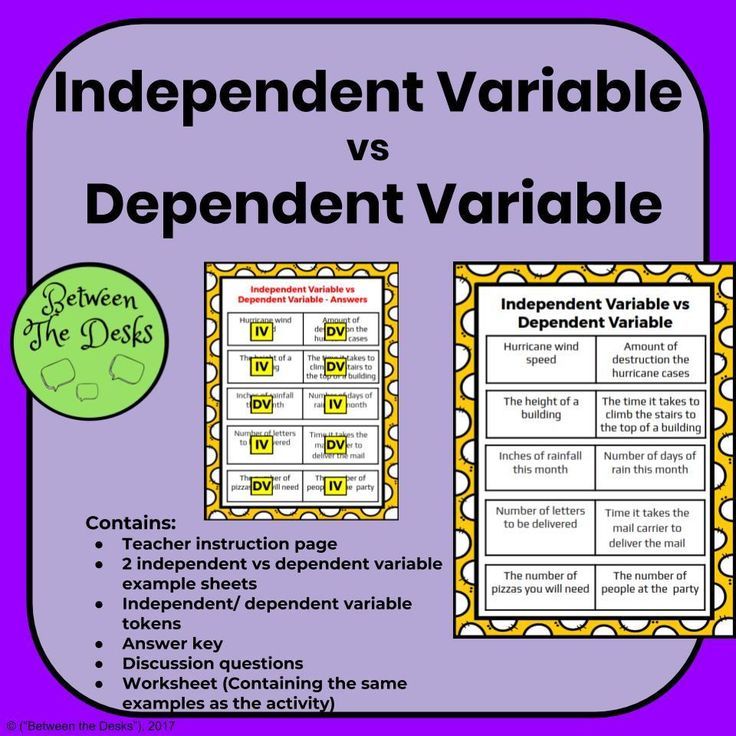
In M.Yu. Lermontov, the novel "A Hero of Our Time", also presents an attempt to maintain independence from the opinion of society. The main character, Grigory Alexandrovich Pechorin, considered himself a completely autonomous, independent, independent person. He was used to living alone, not interacting with anyone much, to do as he saw fit. nine0006
In part, of course, he succeeded, but he still suffered from loneliness and involuntarily was dependent on the opinions of others. He still wanted to satisfy his sense of self-worth, to be appreciated. Considering himself independent, he reveled in his freedom, and partly it was for show. Pechorin , for example, it was nice that the surrounding women consider him to be such a mystery, an interesting, incomprehensible person, therefore, he was dependent on the opinions of others.
Thus, Pechorin was not independent of the opinion of society, since he was flattered by the attention of other people and women in particular.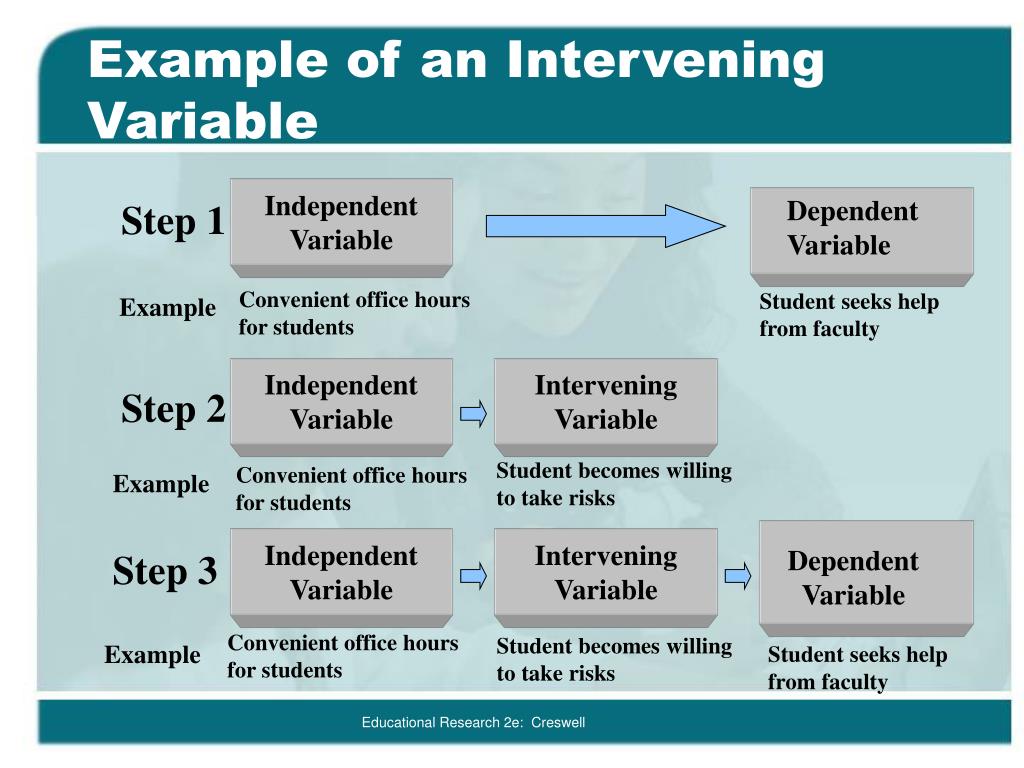 nine0006
nine0006
Summarizing all of the above, we can conclude that a person can be independent of public opinion only in part or only outwardly. Internally, he still remains dependent on the opinion of society, because, even being alone, he still remains a social being.
Did you like the essay? And here's another:
Final essay: Is it possible to be independent of public opinion?
Author: Most Green ·
(444 words) Public opinion has a very strong influence on a person. We want to meet the standards of the majority in order to feel its support and approval. However, the crowd is not always right, and a smart, independent, strong person will always find the strength to resist its pressure. Examples from the literature tell us about this. nine0006
However, the crowd is not always right, and a smart, independent, strong person will always find the strength to resist its pressure. Examples from the literature tell us about this. nine0006
Let's pay attention to the play by A.S. Griboyedov "Woe from Wit". The protagonist was not dependent on the opinion of the Famus society and actively contradicted it. Chatsky, who received a foreign education, understood how Russia lagged behind Europe, and knew what it lacked? He saw the reason for the degradation of the country in the ruling class, which did not want change and hung in a state of stagnation, convenient for the elite. Indeed, why did Famusov need reforms when, due to serfdom, blat and reduced requirements for officials, he lived luxuriously, but hardly worked? Molchalin filled out all the papers for him, and Famusov himself appeared at meetings only for appearances. Of course, none of these nobles wanted development for Russia, because then something would have to be done and many amenities would have to be abandoned.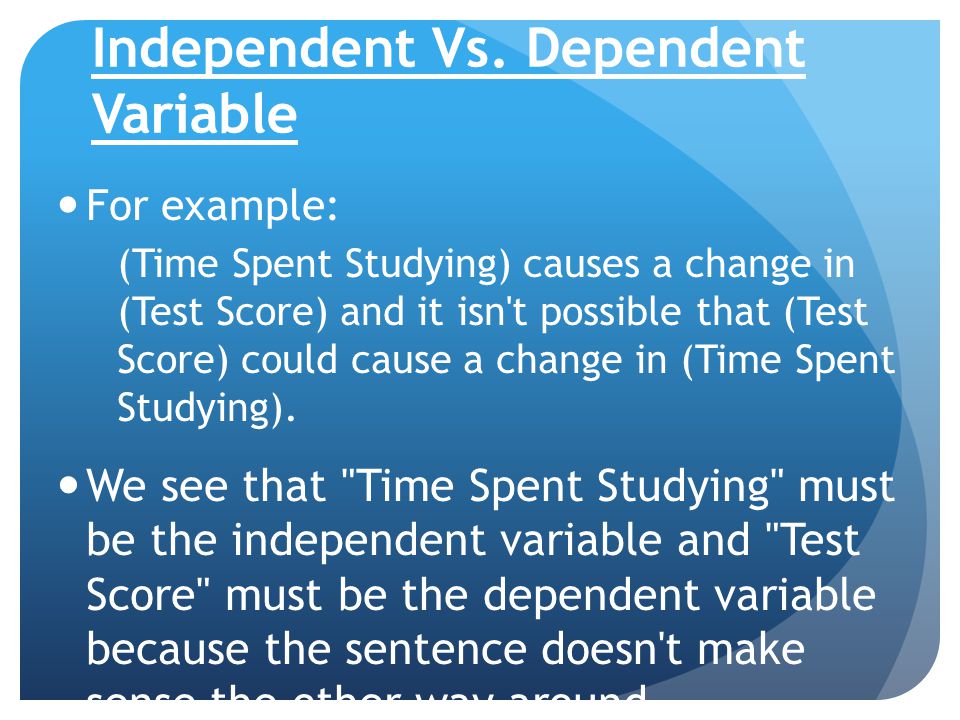 Alexander was aware of this, but still tried to convey to people the ugly truth: if this continues, their common homeland will be stuck in medieval lawlessness and complete poverty. Despite all the disadvantages of such criticism, Chatsky did not depend on the opinion of the majority and bent his line, because he was smart enough, independent and strong. nine0006
Alexander was aware of this, but still tried to convey to people the ugly truth: if this continues, their common homeland will be stuck in medieval lawlessness and complete poverty. Despite all the disadvantages of such criticism, Chatsky did not depend on the opinion of the majority and bent his line, because he was smart enough, independent and strong. nine0006
However, not all people have enough strength and independence to defend their position to the end. Ivan, the hero of A.I. Kuprin "Olesya". He went against the majority opinion when he began a relationship with Olesya, a local "witch". The ignorant peasants feared and hated her, because she knew and knew how to do what was unknown to them. Ivan was from an urban environment, so he went against the village prejudices and became close to Olesya, despite the disapproval of the majority. However, his fuse was not enough to get rid of the stereotypes of his environment. Was he afraid to take a decisive step in relations with Olesya, because he was worried about what others would think? How will they treat him and his fiancee? Without realizing it, he was already making demands to Olesya, saying that, in his understanding, women need to go to church.







